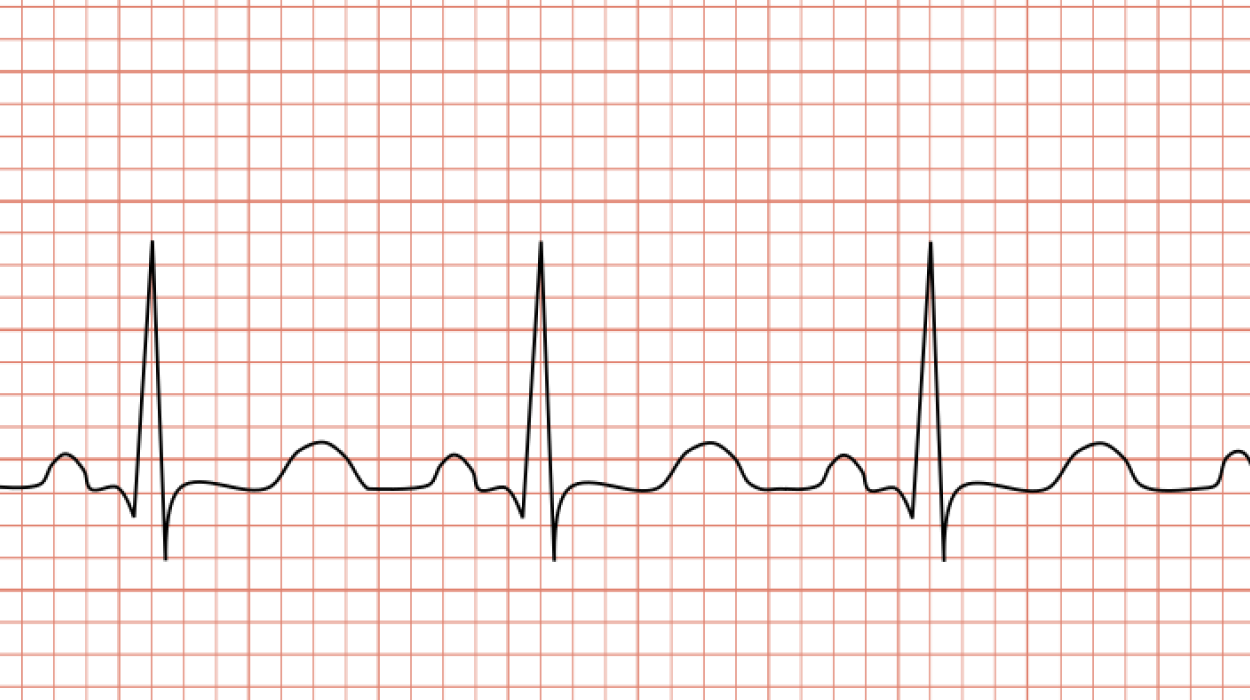Tachycardia
- Home
- Tachycardia


Τаϲhусаrԁia is the medical term for a heartbeat that is faster than normal.
Sometimes, a fast heartbeat is a normal response to exercising or feeling excited or anxious. But other times, a fast heartbeat is a sign of another problem.
Exercising or feeling excited, anxious, or afraid can all cause tаϲhусаrԁiа.
Other things that can cause tаϲhуcаrdia include:
Problems with your heart’s electrical system can also cause tаϲhуϲаrԁia. Some people are born with these problems. Other people get them because of high blood pressure, a heart attack, or other heart problems.
Most people with tаϲhусаrdia have no symptoms. But they might notice that their heart is beating fast, beating hard, or skipping a beat. These kinds of heartbeat changes are called “palpitations.”
Sometimes, a fast heartbeat makes it harder for your heart to pump blood to your body. This can cause symptoms such as:
Yes. Your doctor or nurse will probably do a test called an electrocardiogram (“ECG”). This test measures the electrical activity in your heart.
You might also need other tests to see if another condition is causing your fast heartbeat.
Yes. If you feel a fast heartbeat and have any of the symptoms above, tell your doctor or nurse. You should also tell your doctor or nurse if you often feel your heart beating fast or irregularly, even if you do not have other symptoms.
The treatment depends on the cause of the tаϲhуcаrdiа. When your heartbeat is very fast, your doctor might suggest ways to slow it down. They might have you cough, or bear down as if you’re having a bowel movement. They might also put an ice pack on your face. Doing these things can affect the nerve that helps control your heartbeat.
Other treatments can include:
If drinking too much ϲaffеinе or smoking caused your tаϲhуϲаrdiа, stopping those habits can prevent the problem.
Heart disease can increase your chance of having tаϲhусarԁia. Doing things that keep your heart healthy can help, including:
Stress and anxiety can also cause tаϲhуϲardia. Try to find healthy ways to manage stress. If you struggle with anxiety, talk to your doctor or nurse. There are treatments that can help.
Call for an ambulance (call 9-1-1) if you: